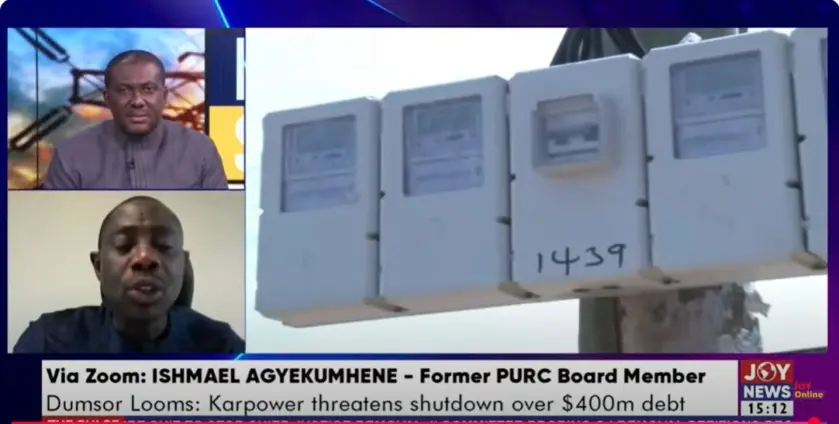The scene unfolded with stark clarity: despite a federal judge’s explicit order, the United States government proceeded with deportations to South Sudan, igniting a legal and ethical firestorm. Judge Brian Murphy’s ruling, detailed in a recent CBS News and BBC report, has cast a harsh light on the tension between judicial oversight and executive action regarding US deportations to South Sudan.
The deportations, Judge Murphy would later state, “unquestionably” violated his order, raising serious questions about the government’s adherence to legal procedures and the rights of individuals facing removal.
Judge Brian Murphy didn’t mince words: the deportations were a clear breach of his instructions. His original order was designed to ensure that migrants had the opportunity to challenge their removal to third countries, a right seemingly disregarded in these cases. “I don’t see how anybody could say that these individuals had a meaningful opportunity to object,” Judge Murphy stated, underscoring the apparent lack of due process.
The initial order stemmed from concerns that the U.S. was violating an injunction designed to prevent sending migrants to countries other than their own without allowing them to raise objections. The Justice Department, however, offered a contrasting perspective. Attorneys representing the department claimed that the orders were unclear, attributing the violation to a “misunderstanding.”
In the face of judicial scrutiny, the Department of Homeland Security (DHS) defended its actions, framing the deportations as necessary to remove individuals deemed a threat to public safety. These individuals, according to the DHS, were “uniquely barbaric monsters” convicted of heinous crimes, including murder, rape, and child rape.
DHS spokeswoman Tricia McLaughlin asserted, “Every single one of them was convicted of a heinous crime, murder, rape, child rape, rape of a mentally and physically handicapped victim.” While the deportations involved citizens of Cuba, Laos, Mexico, South Sudan, Myanmar, and Vietnam, the focus on those deported to South Sudan remains particularly contentious.
Among those deported was Nyo Myint, a citizen of Myanmar. Myint’s case highlights the complex and often opaque nature of US deportations to South Sudan. Convicted of sexual assault, he was sentenced to 12 years of confinement. Immigration authorities arrested him on February 19 and detained him in Texas.
Adding to the confusion, Myint received two conflicting deportation notices on May 19. The first indicated deportation to South Africa, while the second stated his destination was South Sudan. Compounding the problem, these notices were in English, a language he barely understands.
The circumstances surrounding Myint’s deportation have left his legal representatives deeply concerned. Immigration attorney Jonathan Ryan expressed his bewilderment: “I have no idea where he is,” Mr. Ryan said. “He’s been disappeared by the United States government.”
The implications of these deportations extend beyond individual cases, raising fundamental legal and ethical questions about due process and the limits of executive power. Critics argue that all deportees, regardless of their past, are entitled to due process rights. Furthermore, the government stands accused of disregarding a federal judicial order.
As Jonathan Ryan points out, the stakes are high: “If we allow the government to pick and choose who deserves due process and who has rights, we’re relinquishing all rights.”
Looking ahead, the Trump administration continues to pursue agreements with other countries to accept deportees, including third-country nationals. Examples include potential agreements for Venezuela to deport individuals to El Salvador, as well as ongoing talks with Rwanda, Benin, and Angola. Previously, Marco Rubio revoked visas for all South Sudanese passport holders because the nation was initially refusing to accept its citizens.
The controversy surrounding US deportations to South Sudan underscores the ongoing tensions between national security concerns, immigration enforcement, and the fundamental principles of due process. Judge Murphy’s finding that the deportations “unquestionably” violated court orders serves as a stark reminder of the importance of upholding judicial oversight and ensuring fair treatment for all, even those facing deportation. The long-term implications of this case on US immigration policy remain to be seen.
Image Source: MYJOYONLINE






















